Participant Voices

Noticias | Discursos y mensajes | Webcasts | Eventos paralelos | Reportajes | Fotos & vídeos | Voces de participantes | Redes sociales | Documentos oficiales | Día Internacional de la Mujer

They were toddlers in 1995 when the ground-breaking Beijing Platform for Action was adopted by global leaders. Some of them, not even born. Today they all have one mission—to make sure women’s rights and gender equality are not just words but reality for everyone they know. Infusing fresh meaning into the complex concepts of gender equality, here’s their take on what a gender-equal world would look like.
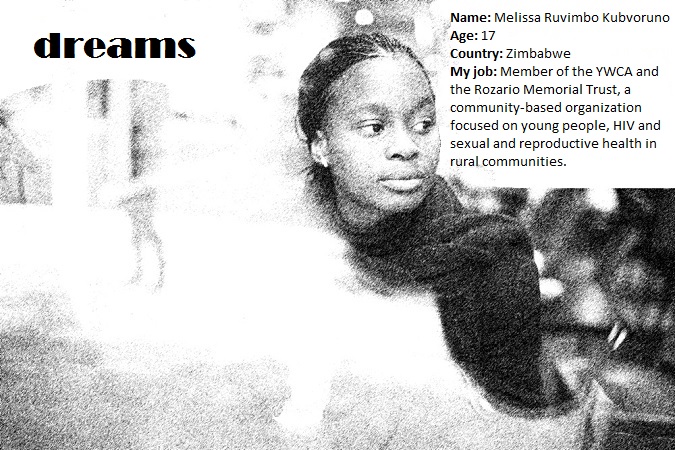
My take:
“Gender inequality starts with a little girl wanting to play with cars and not with dolls, or a little boy forced to play with cars when he’d actually want to play with dolls. It’s about the simple things. … For me, it means that I can study physics if I want to, without my teacher telling me that it is a boy’s subject. … We need teachers who can break gender stereotypes. When a girl is inquisitive in class and interested to learn, to not call her smarty pants. Working for gender equality is a collective role, and everyone is responsible. … We are 860 million dreams, 860 million voices and we have the power to make a difference!”
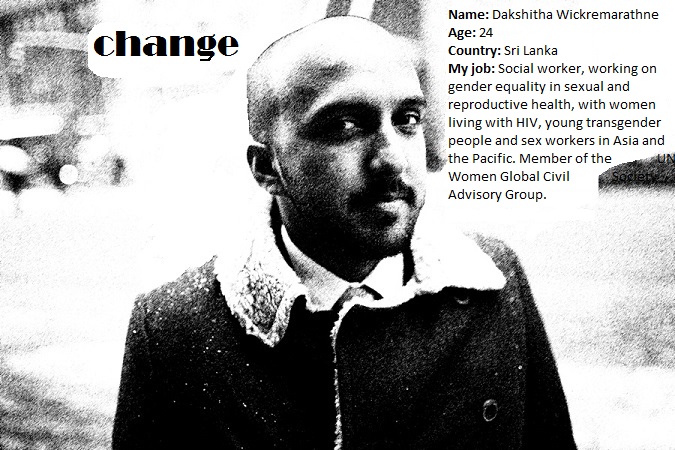
My take:
“Does gender equality matter to a man? Yes, because the inequality is a loss for us both. As a man in this field, I get ridiculed. … People still think of gender inequality in terms of the inequality of physical strength, and the biological differences between men and women. That’s where a lot of people are still stuck. But we need to look at a bigger picture. … There are people who are looking up to you, who would want to become you, one day. Be the change you want to be and the world will change.”
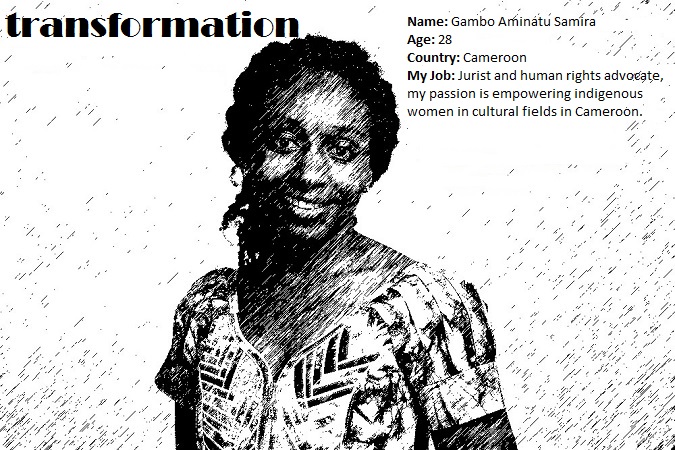
My take:
“I think that to achieve gender equality we need to take proactive measures to train and place women in position of political power while meeting their various needs and sensitizing the entire community about women’s rights and gender equality. To do so, we need to focus on the social transformation required to eradicate poverty and employ the most marginalized and excluded peoples, such as the indigenous and local communities by removing all barriers to women’s empowerment.”
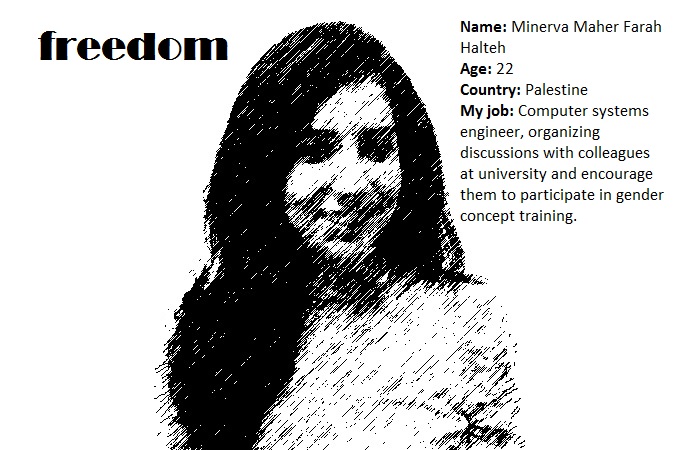
My take:
“Gender equality starts with the little things that happen in daily life. For me, it is when a woman can walk in the street feeling safe and secure without fear of getting harassed. It is when society stops objectifying her by the way she looks, weighs and behaves, or for her marital status. It is when a woman feels and practices freedom and takes her decisions without anyone’s imposition. It is when women have equal access to education, jobs and participation in decision-making at all levels.”
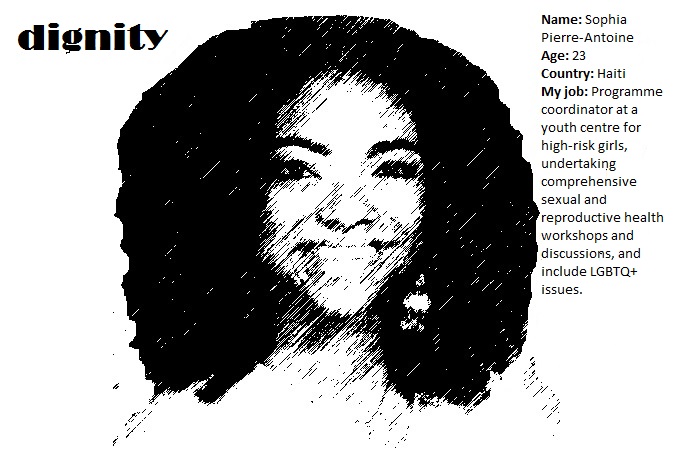
My take:
“When I imagine gender equality, I picture a 12-year-old girl in the near future. This girl could be transgender, anywhere in the world, and goes to school. She knows that whatever career she decides to pursue her work would have value, dignity, and that she would get paid the same amount as her male coworkers. This 12-year-old girl knows that her world was made possible thanks to the active participation and struggles of every single person – like me, like you, like us – who fights daily for gender equality.”
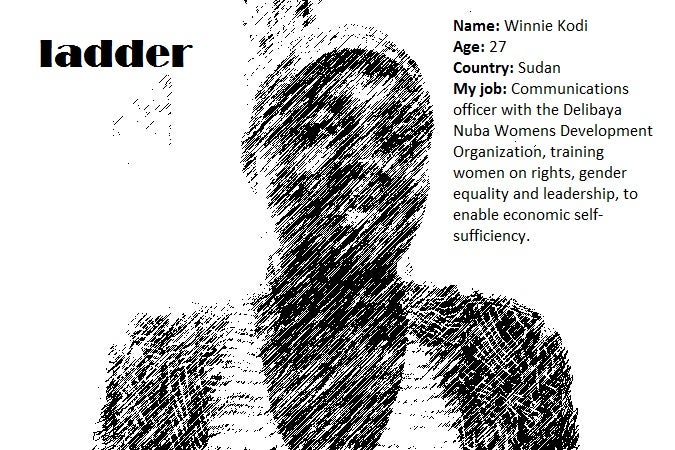
My take:
“Gender equality looks like a juicy mango on a tree that I want to reach for and eat, but it’s just out of reach. The structures that have been put in place, by several institutions since the Beijing conference to make sure that equality is reached, are equal to a ladder that gets me closer to the mango but not quite there yet. Gender equality can be reached by me thinking there is no box. We women need to stop being restricted by the proverbial box.”
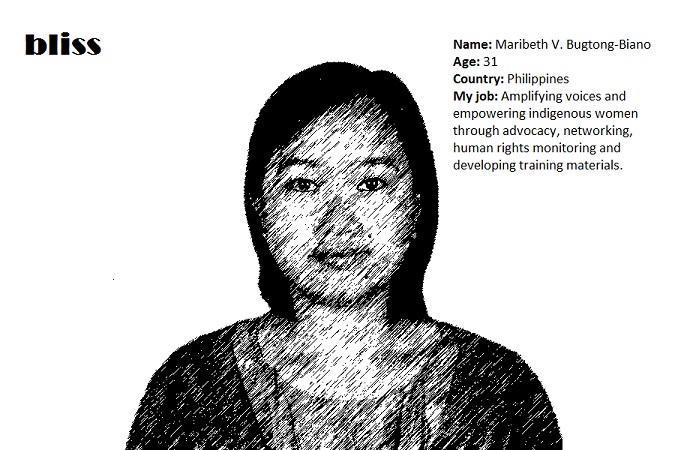
My take:
“Fears and tears bound women (and some men, too),
Shackles that need to be broken.
Together in harmony and peace we can live,
If we open the path for man and woman to walk hand-in-hand,
If our mat welcomes both to sit together as equals,
When we do not leave anyone behind,
All together we can move forward to a life of bliss.”
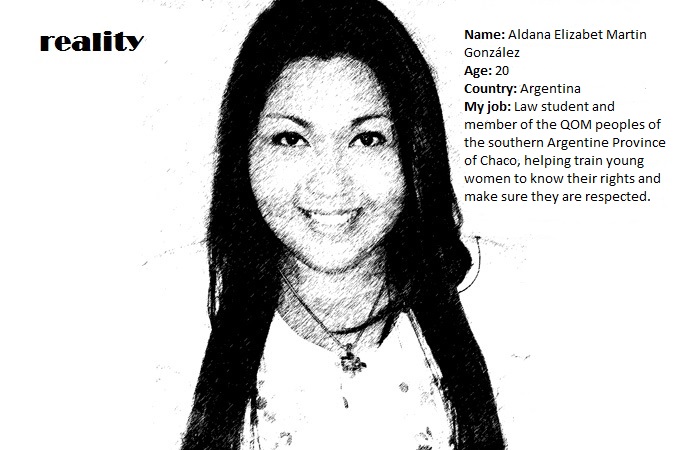
My take:
“We know that it’s not enough to decree equality in law if it is not a fact in reality. To make it a reality, equality has to be translated into real, effective opportunities to go to school, to get access to a job, health services and social security, to compete for positions to represent the people, to enjoy the freedom to choose a partner, to form a family and to take part in the affairs of our communities, organizations and political parties. Government action is not enough. We citizens, women and men, have to become active in advocating for our rights and in ensuring they are respected.”
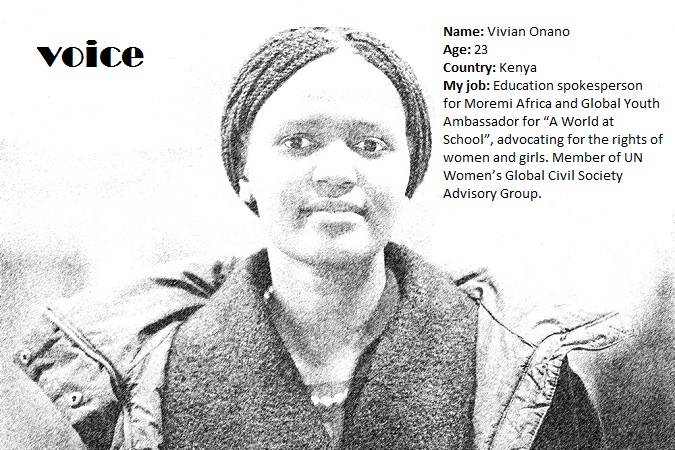
My take:
“Get angry about gender inequality. Make it an urgent and pressing issue. … This is a conversation for everyone and every voice matters. … I believe that my voice counts. For a long time gender equality has been discussed under the table and I want to bring it on the top of the table… I am optimistic. I think we will have gender equality by 2030. I am not giving it any other option. I am taking it in my hands.”
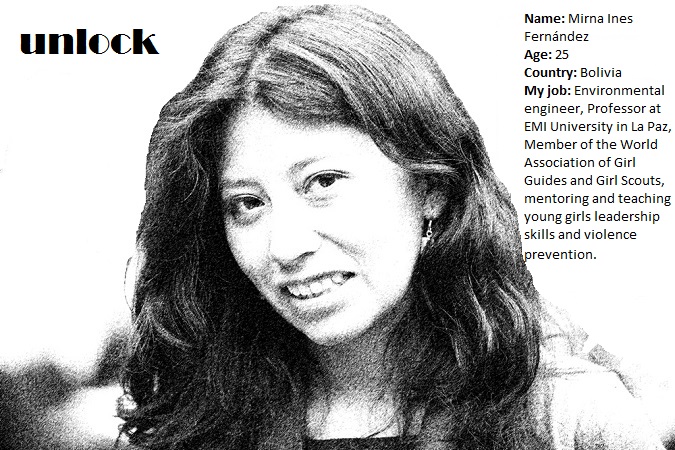
My take:
“My vision of gender equality is a world were girls and young woman can be themselves, develop their leadership skills without any fears or barriers, where they can unlock their potential and live a life free from discrimination, violence and fear. … It is important that we take into account the deeper causes of gender inequality. Governments need to make mechanisms available to hold them accountable, but we as youth, have a critical role to hold them accountable.”
Several of these young activists are attending CSW59 with the generous support of Yvonne Hebert scholarships, which are administered by UN Women. The views expressed here are their own and may not necessarily reflect those of UN Women.